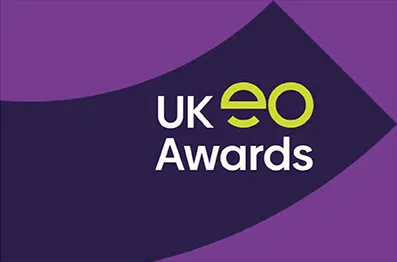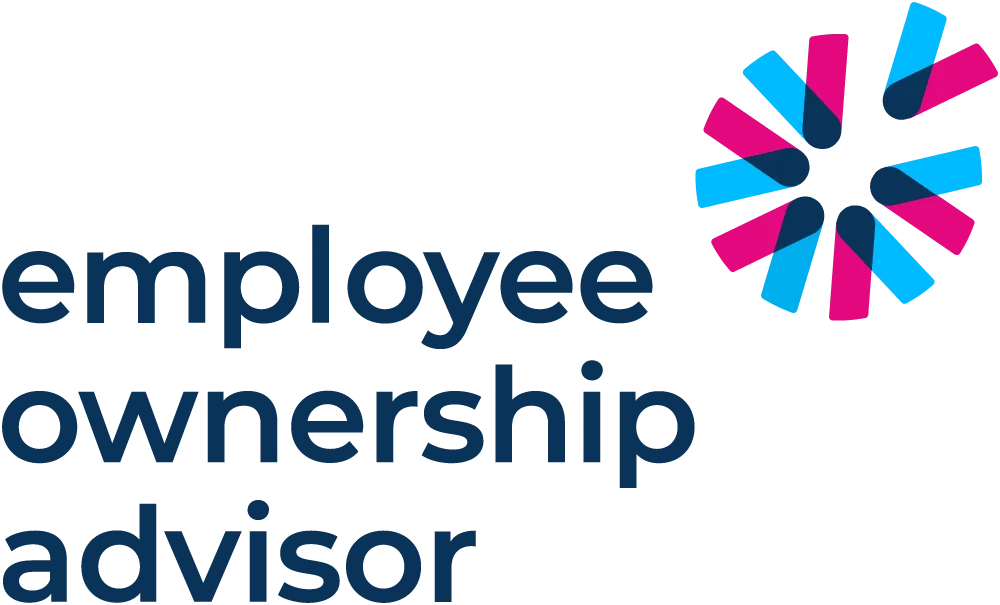When reading about the benefits of employee ownership, this often focuses on the seller, and what they stand to gain in terms of tax advantages, legacy and succession planning. But there are two parties who benefit from a business transitioning to employee ownership, and the clue is in the title.
It is essential that a business looking to become employee owned has 100% buy-in from its workforce. While it is possible to sell only a portion of shares to employees, and the business doesn’t have to be 100% employee owned, it is a healthier situation if it is, and unmistakably, there are fewer potential pitfalls if all the employees are fully onboard. It is therefore a useful exercise to go through the process of examining the key benefits to employees, and how employee ownership will impact on them, and this goes far beyond financial benefits. Although that is probably the best place to start.
The benefits of employee ownership to the employees
When considering the process of transitioning to employee-ownership, a business has to educate its employees and ensure they fully understand what is in it for them. It will help the process if the employees are engaged and invested, so here are the headline benefits:
- Profit sharing – Employees can benefit from an annual profit sharing dividend, which can amount to a maximum of £3600, and which is exempt from income tax. This annual payout has to be issued equally to all qualifying employees, regardless of status or performance. As a result, employees can see a direct link between their effort and their reward.
- Ownership – In simple terms, the employees are part-owners of the business. But with ownership comes a level of job satisfaction and a sense of loyalty and personal responsibility. In some cases, employees won’t have experienced that sense of pride and responsibility before.
- Influence – Employees of an employee ownership trust (EOT) have a voice and a say in the decision-making process of the business. This usually means they are represented on an employee committee, which contains a member from each key department of the business. Although the overall governance and management of the business will remain the same, this employee committee ensures that all employees are heard and equally represented, and promotes a sense of empowerment amongst the workforce.
- Job security – A key benefit for the business itself is that employee ownership brings continuity. In other words, nothing really changes. This means clients and customers and external stakeholders see very little difference. This can also benefit the employees in the sense that their job roles and the main structure of the business stays the same, which probably wouldn’t happen if the business was sold to a third party or merged with a different company. This stability is key to the central ethos of employee ownership, because the primary objective of an EOT is to safeguard the long-term viability of the business. This means the business should only become an EOT if it is on a solid financial footing, and from there it is common to find turnover and profits increasing after employee ownership has occurred.
- Employee engagement – With a sense of attachment and investment, comes a sense of engagement. And engaged employees means better morale, better productivity and better profits. In basic terms, an employee-owned business is a happier and more engaged place to work, and an even better impact of that is that this usually leads to increased performance at all levels.
- Collaboration – An engaged mindset is more receptive to a collaborative approach, and this means a healthier work environment. The outcome of this is often better decision making and problem solving. Aligning performance with profit sharing, for example, demonstrates how decision making has a direct impact on results and therefore the benefits that everyone shares.
- Transparency – Employees having a sense of ownership, and aligning their goals with performance, means there is an opportunity for better transparency and communications throughout the business. If employees are to understand how their performance and productivity impacts on results, they have to be party to all the related information. This open approach to communications will promote a healthier environment and culture of honesty and transparency which is much easier to manage in a positive way.
Experienced employee ownership guidance from the Employee Ownership Advisor
At the Employee Ownership Advisor we have helped many businesses understand the process of becoming an EOT. This involves securing employee buy-in at an early stage so that the road to EOT status is smoother and faster. Our experts can help you understand this process and can provide you with the tools to help convince employees on the benefits of employee ownership from their point of view. Contact our team at the Employee Ownership Advisor and let us help you with this transformational process today.
Complete this form and one of the team will get back to you.
"*" indicates required fields





